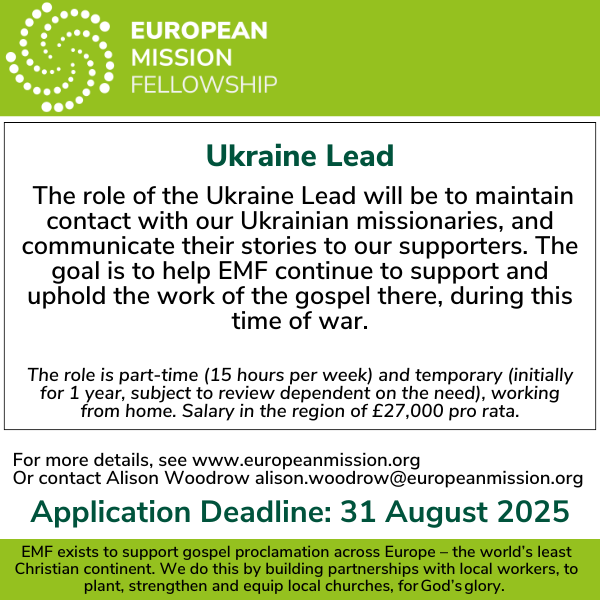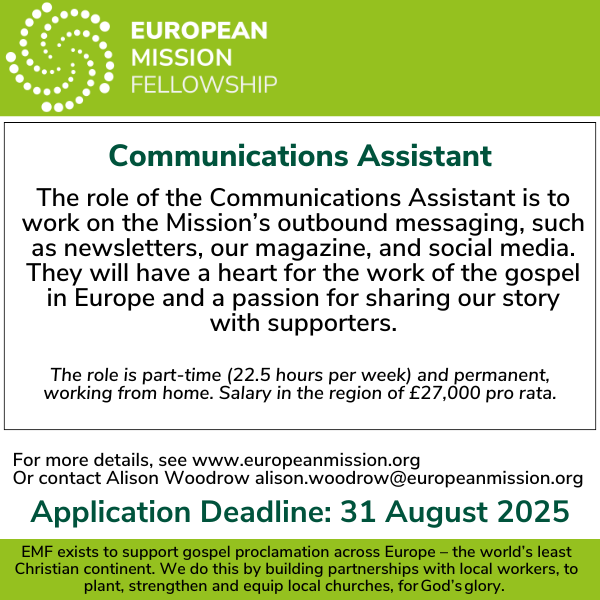Children in St Kilda
I have recently been reading an account of a visit which was paid to the lonely Atlantic island of St Kilda by Rev. Dr John MacDonald, minister of Ferintosh in the Black Isle, in the early nineteenth century.
He was popularly known as the ‘Apostle of the North’ because of his wide-ranging ministry throughout the Highlands and Islands.
Part of the account of one of his visits I have given below, because it shows how, at their mother’s house and in the day schools and Sabbath schools, the children of the community were thoroughly instructed from the Bible and the Shorter Catechism. It shows a depth of understanding and a grasp of Scripture which we ought to envy today.
Dr MacDonald on this occasion examined the children, without prior warning, on the seventh chapter of Luke.
Catechising
‘On what message did John the Baptist send his disciples to Christ?’ A boy of about 14 replies, ‘To enquire if he was the person who was to come’.
‘What do you mean by the person who was to come?’ ‘The promised Saviour’, says he.
‘And what reply did Christ give them?’ ‘He was working miracles at the time, and he bade them go, and tell John the things they had seen’.
‘How did the miracles which he had wrought prove that this was he that was to come?’ ‘Because’, replies another boy, ‘none but God could do these things, and none, except God was with him’.
‘But did not others work miracles as well as Christ?’ ‘Yes,’ replied the first boy, ‘but not in their own strength. Christ wrought them by his own power’.
‘Who is Christ?’ ‘The Son of God’, replies a third boy.
‘For what purpose did he come into the world?’ ‘To save sinners’, says he.
‘What does he save sinners from?’ ‘He saves them from sin and wrath’, says a fourth.
‘How has he brought about the salvation of them?’ ‘By his death’, replies he.
‘How many natures has Christ?’ ‘Two,’ answered a fifth boy, ‘the nature of God and the nature of man’.
‘In which of these natures did he die?’ ‘In the nature of man’, says he. ‘God could not die’.
Insight
‘Of what use, then, was the divine nature in him?’ After some pause, for the question seemed to stagger them, one of the girls replied, ‘He would not be able to save us unless he were God’.
Another girl adds, ‘And, besides, it supported his human nature under suffering’. ‘Oh yes,’ says a boy of about 13, ‘and gave value to these sufferings’ (literally, as expressed by him in his own Gaelic language, ‘put merit into these sufferings’).
‘Whether did the Pharisee or the woman of whom we read in this chapter, love the Redeemer most?’ ‘The woman’, replied the boy.
‘How so, seeing the Pharisee made a feast for him?’ ‘He did so’, replied one of the senior girls, ‘to be seen of men and that the Redeemer might have a good opinion of him, but not from love; but the woman wept and washed his feet with her tears, and wiped them with her hair. Was not this love?’
‘What made her weep?’ ‘Her sins’, replied a little girl, I suppose about 10.
‘How do you prove that her sins, sitting as she was at the Saviour’s feet, were the cause of her weeping?’ ‘Yes,’ replies the first boy, ‘you told us yourself lately, when preaching from Zechariah 12:10, that a sight of Christ whom we have pierced would make us weep’.
This boy had scarcely done, when another a little older than he added, ‘The love of Christ, too, made her weep’.
‘Ah, yes,’ says an aged man, one of the parents, ‘the love of Christ, that indeed melts the heart’.
‘Thus ended the exercise and, after delivering a short address to the children and parents, I concluded the whole with prayer’.
Rich heritage
You will agree with me when I say that this account, part of which I have given above, opens a shaft of light on to a well-nigh forgotten and neglected facet of our national religious heritage, the thorough instruction of our children in the truths of Scripture and the Shorter Catechism.
Many of the questions put to these children 150 years ago, the majority of our adults today could not answer correctly. If only we, and our society, realised it, the greatest possession we have is still the Bible, known, loved, read and memorised, adequate for our every need in 2012, as it was long years ago when the ‘Apostle of the North’ visited the storm-swept, lonely isle of St Kilda.
If we know our Bibles, as these children of long ago knew theirs, we will increasingly be prepared for life here and the glorious ‘hereafter’, where doubtless some of them are now, with the beloved Lord Jesus.
Rev. Anthony R. Dallison,
Virginia, USA
This article is used with permission of the Free Church Witness (March 2012)






